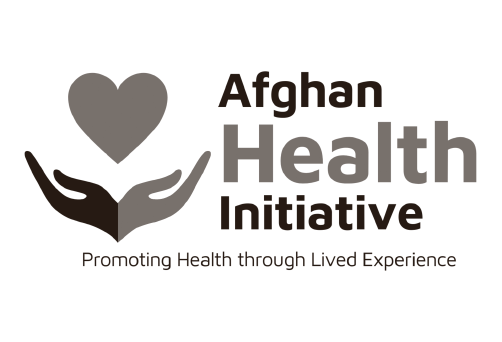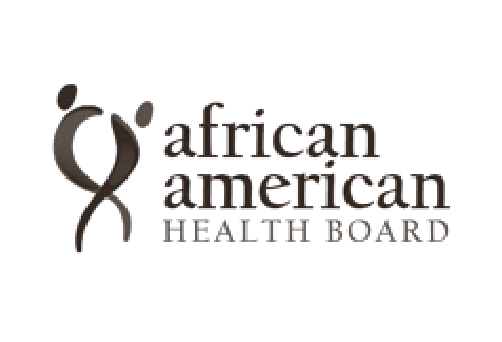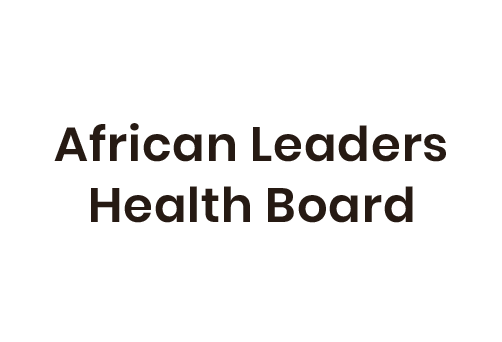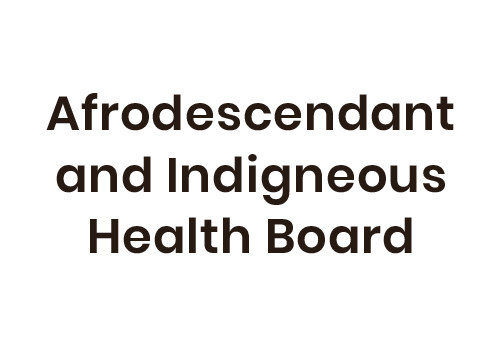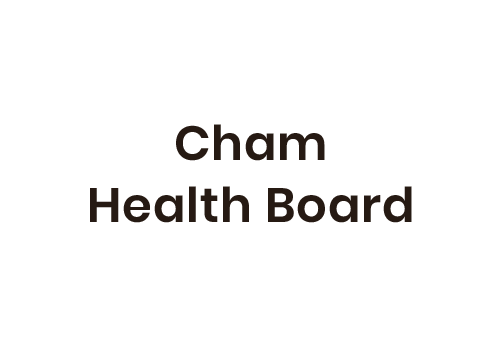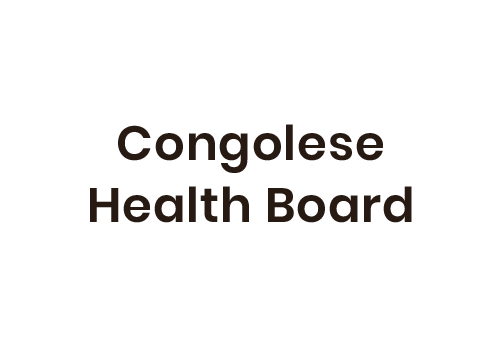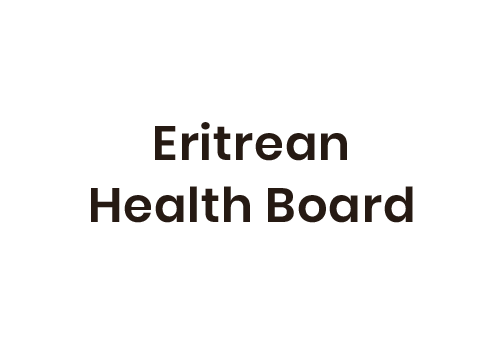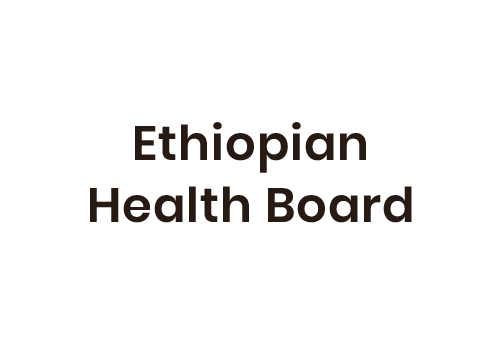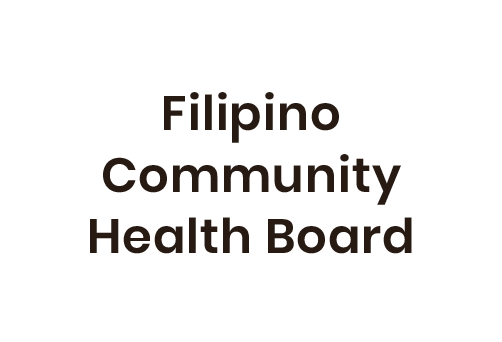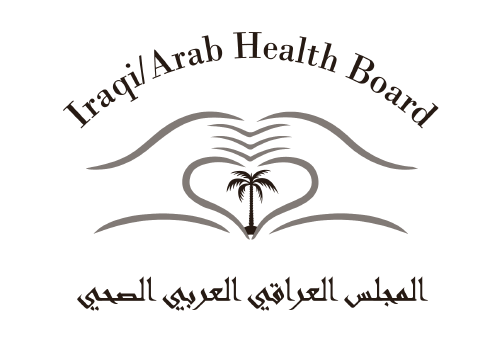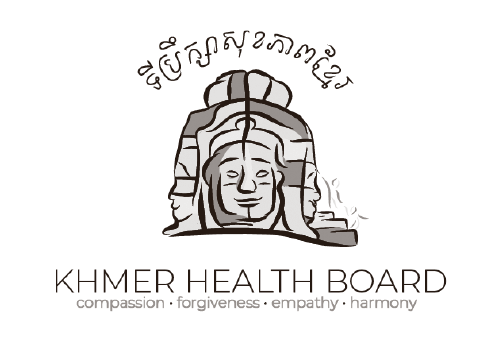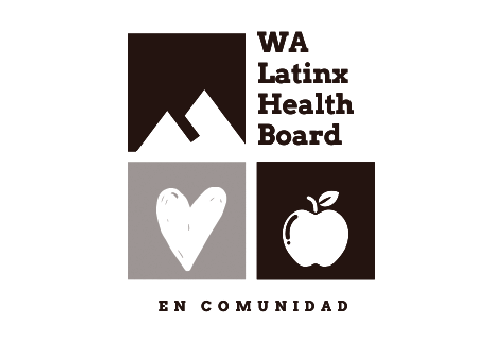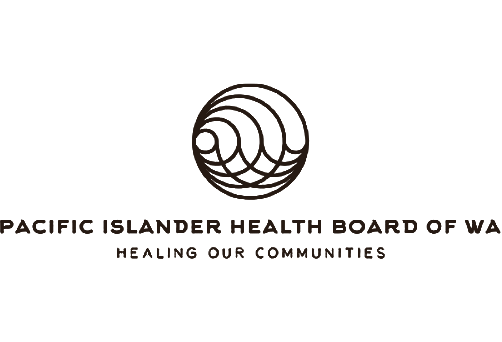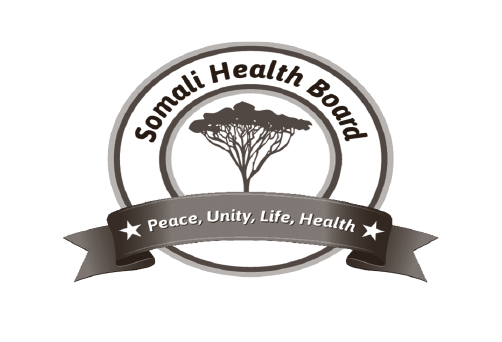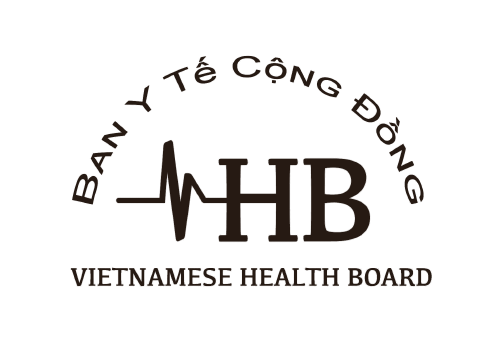About the Community Health Board Coalition
We serve our Black, Indigenous & People of Color (BIPOC) communities to transform the societal conditions in which we exist.
Our Philosophy
CHBC believes that in order to better serve BIPOC (black, indigeneous and people of color), immigrant and refugee communities, Community Based Organizations (CBOs), Public Agencies, Non-profit and government agencies must focus on Leadership development programs that intentionally recruit people of color and that incorporate individual leadership training, organizational capacity building, and constituency development.
Such programs include goal oriented, place-based policy work that enables participants to develop the skills and tools needed for effective policy engagement and advocacy. Programs should provide opportunities for formal and informal mentoring and support networks of relationships across boundaries of race, ethnicity, and class.
The wisdom and experience of BIPOC communities hold a promise beyond enhancing the quality of life in communities of color. Leaders in these communities can help create substantive policy changes that lead to greater economic, health and social equity across economic and social sectors. The nation suffers when these voices are not heard. The promise of democracy is fulfilled when everyone has the opportunity to be part of the conversation and influence policy outcomes.
Our Approach to Health
Community-Based Participatory Research
Decolonizing Research
Methodologies
Leadership Council
CHBC’s Leadership Council members are members of our 15 health boards who are selected by the exisiting members of the LC. Their responsabilities include:
- Commit to serving on the CHBC Leadership Council for 12 months
- Lead and or co-lead projects, so the work is shared across all members
- Consistently participate in weekly meetings (Mondays at 5 PM)
- Facilitate CHBC meetings on a rotational basis
- Be accessible and responsive to phone, text, and email communications
- Work collaboratively in a fast-paced environment
- Provide insights about community needs and opportunities to ensure the work of the CHBC is well informed and pertinent
- Represent CHBC at various meetings, as needed
Members are approved and appointed by the existing CHBC Leadership Council.
Co-Chairs
Yordanos Teferi
Dr. Damarys Espinoza is the co-founder of the Afro Descendant and Indigenous
Health Board. Dr. Espinoza is a Xicana of Náayeri/Cora descent. She is a medical
anthropologist, researcher and educator committed to disrupting legacies of historical trauma that affect BIPOC communities. She works advancing racial equity strategies in local government and is adjunct faculty at University of Washington.
Sandra Huber
Sandra Huber was born and raised in Panama City, Panama and came to the U.S. to study industrial engineering. After working as an engineer, she found her calling in social and human services. Sandra has been a key player in the development of a Community Health Worker or Promotores de Salud program in Snohomish County. Sandra works to deepen relationships with community-based agencies, schools, healthcare organizations, and government agencies while building trust, transparency, and meaningful engagement with our residents. Through events and conversations, she identifies emerging issues facing our diverse communities and offers classes and other opportunities to support those needs.
She was recognized with the 2015 Health Champion Award from the WA State Public Association, and the 2015 Providence Institute Agency Change Maker Award. She currently co-chairs the Community Health Board Coalition and is part of the Board of Directors for MAS, Movimiento AfroLatino Seattle.
Leadership Team
Dr. Robin Narruhn
Dr. Damarys Espinoza
Collaborators
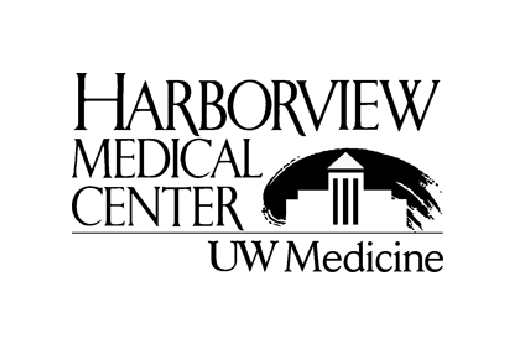
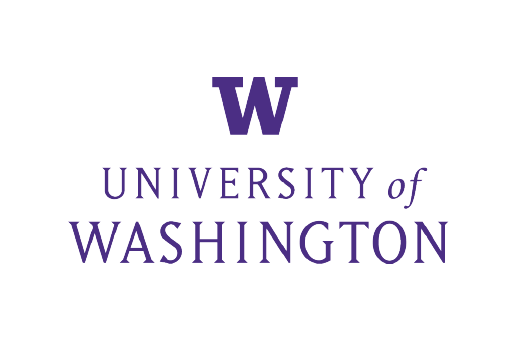
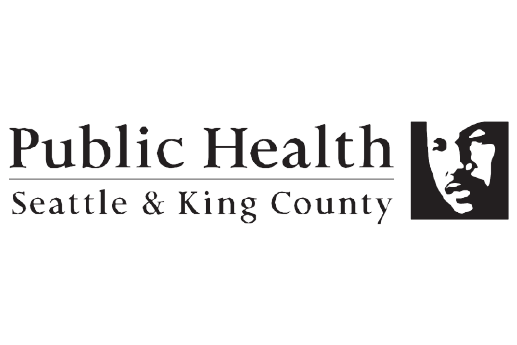
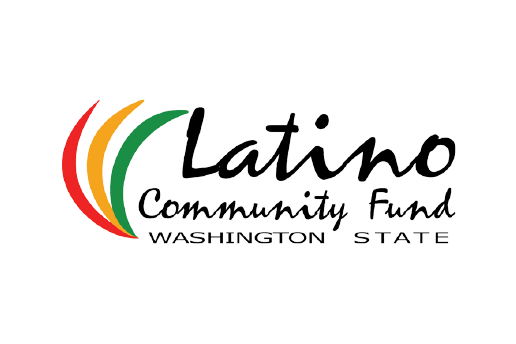
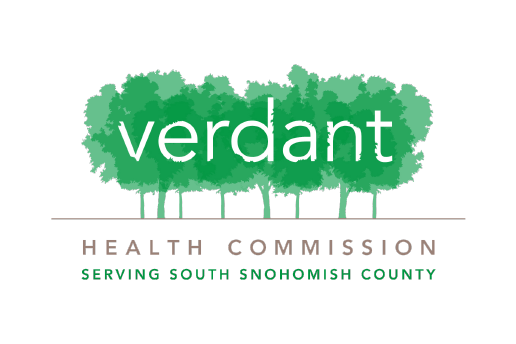
Our Coalition Members
